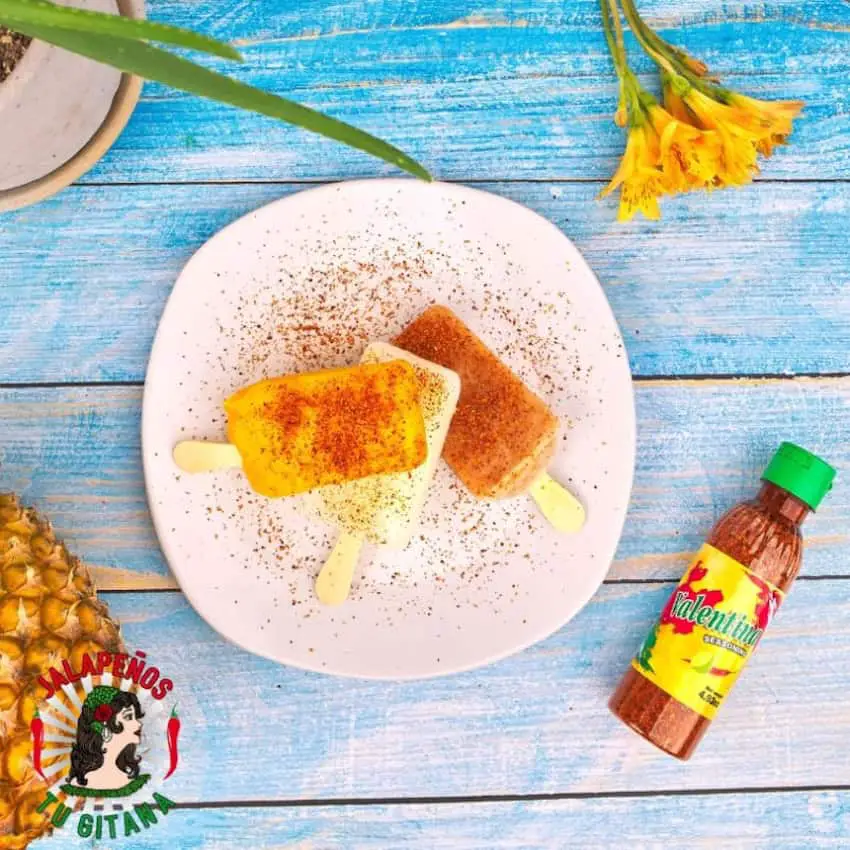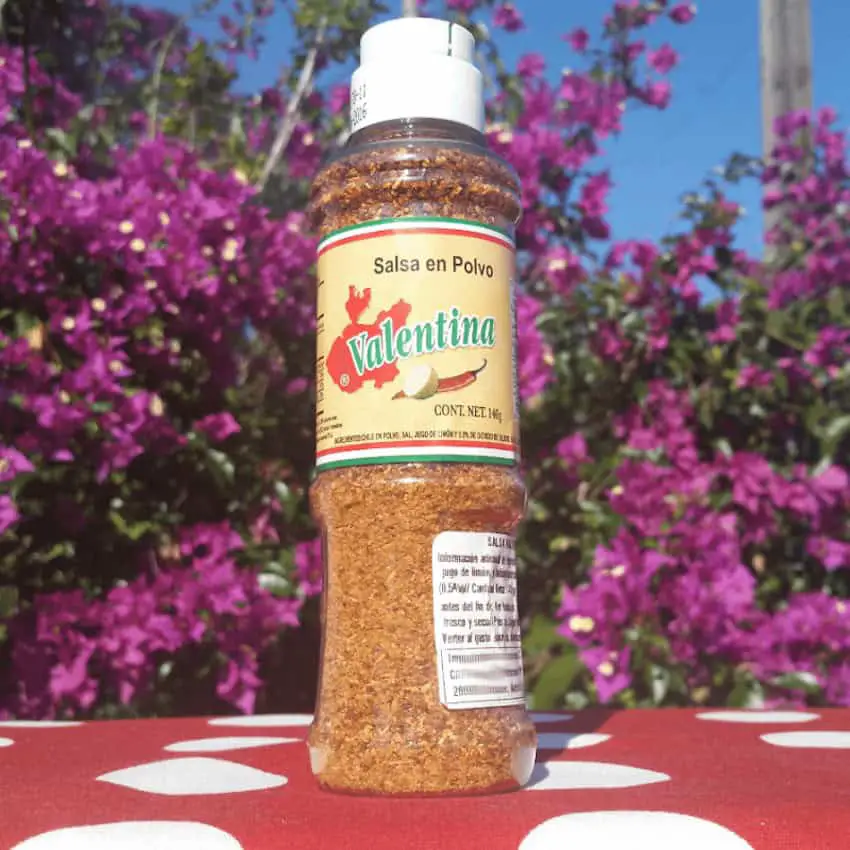Mexico has made remarkable contributions to the world: chocolate, carmine dye, the art of Frida Kahlo, color television, Corona beer and, above all, powdered piquín chili.
I have often heard foreigners describe us as crazy for adding chili to fruit or snacks, but once they give it a try, they can’t go back. The piquín chili is so addictive that I have friends who carry a small bottle of it with them everywhere because they can’t live without this essential condiment.


What is piquín chili?
The piquín is a small, roundish red pepper known for its intense flavor and moderate spiciness. Without this tiny chili, we cannot fully appreciate the flavors that define Mexican cuisine. This variety was domesticated around 9,000 years ago.
In Mesoamerican cultures, chili was highly valued and played significant roles in tributes, ceremonies and medicinal practices due to its various health benefits. This appreciation for chili continues today: it’s no exaggeration to say that I’ve yet to meet a Mexican who doesn’t have at least one bottle of powdered piquín chili in their pantry.
The piquín chili is one of the few fruits that is both widely consumed and cultivated throughout much of the country. Its production is so essential that some rural communities in Querétaro, Sonora and Tamaulipas rely economically on cultivating and selling piquín.
The power of powdered piquín
As you already know, chili is a common ingredient in our meals, whether it’s used in salsa, adobos, or even as bites of raw chili. However, I genuinely believe that powdered piquín chili has transformed the way we enjoy certain vegetables. The power of the powder, however, is especially evident in how we consume our fruit.
Since childhood, we’ve loved munching on sticks of carrots, jicama and cucumber topped with lime, salt and piquín chili. But amigos let me tell you that fruits sprinkled with powdered chili offer a whole different experience that you absolutely have to try. My favorites include apples, oranges, watermelon, pineapple and mango, all enhanced with chili. I know. My brother-in-law, who’s Spanish, thinks that fruits with chili are one of our most complex contradictions. Still, I can’t conceive the thought of eating a slice of watermelon without my piquín; it’s just not the same.
I have no proof, but I am confident that in this country, fruit consumption is directly linked to the enjoyment of magical chili. In fact, this method of eating fruit is so common that we even have lollipops that combine chili with pineapple, watermelon and even cucumber.
Piquín chili and gut health
Concerned piquín is bad for your stomach? Au contraire, as our French friends might say. It is scientifically proven that chili peppers are rich in vitamins C and A, making them one of the best sources of antioxidants available. Additionally, studies have shown that chili can possess anti-inflammatory properties and may help to reduce cholesterol levels.
In traditional medicine passed down from Indigenous cultures, chili peppers have been used to treat digestive and respiratory issues.
The wonderful world of powdered piquín


You can use piquín to enhance the flavor of snacks like peanuts and chips, add a kick to margaritas, spice up esquites (corn on the cob) and give seafood a little pizzazz. To inspire your creativity, I’d like to share that a friend of mine used to enjoy strawberry and mango smoothies with piquín chili for breakfast. Maybe it’s too much, but you’ve got the idea.
Fun fact: as children, many of us would put piquín chili on our hands and lick it off bit by bit. We would do this during recess, using our very dirty hands. Perhaps this playful habit contributed to the strength of our antibodies today.
So, friends, to truly experience the flavors of modern Mexico, make sure to keep a bottle of piquín chili in your pantry. The next time you enjoy a mango or an orange, sprinkle this delightful powder on top. Once you try it, you’ll find it hard to eat fruit without piquín chili again!
Have you already tried it? What was your experience like? Did you like it, or is my brother-in-law correct, and we are all out of our minds?
